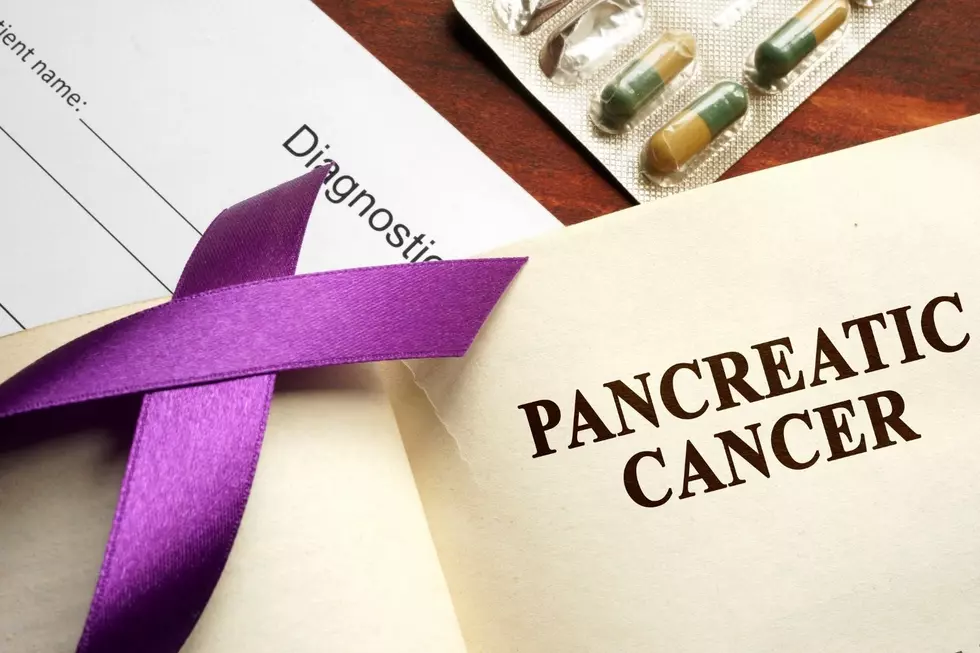
Baker: Codfather Windfall Should Fund Electronic Monitoring
STATE HOUSE, BOSTON — The conviction of New Bedford fishing mogul Carlos "The Codfather" Rafael was a black stain on the iconic Massachusetts seafaring industry.
But Gov. Charlie Baker is urging restitution that some believe could help turn rotten fish into sushi.
Baker, in a letter to federal fishing regulators late last month, sided with a dozen state lawmakers and local officials who are urging the proceeds from the forfeiture of Rafael's fishing fleet and any financial penalties tied to his case to be used to pay for electronic catch monitoring.
The money to pay for monitoring would relieve a major financial pressure on the state's fishermen who currently have to pay for at-sea monitors who ensure compliance with catch-quotas designed to protect the health of groundfish stock.
"This is the best way to provide some level of restitution to the industry that Mr. Rafael harmed through his crimes. While I recognize that these funds would not cover the entire cost of monitoring, it is our hope that a fully funded program could be developed in the near future," Baker wrote.
The governor also requested that the groundfish permits associated with the 13 boats Rafael will forfeit as a result of his guilty plea in March be redistributed to eligible permit holders in the Massachusetts fleet. Some from neighboring coastal states have advocated for the permits to be more widely disseminated.
Rafael pleaded guilty in U.S. District Court in Boston in March to a host of charges, including criminal conspiracy, false labeling and fish identification, and bulk cash smuggling, linked to an elaborate scheme to evade catch limits on valuable, but depleted species like cod.
As part of his guilty plea, he is expected to forfeit 13 fishing vessels and their associated groundfish permits. Rafael is due back in court on Monday, Sept. 25 for sentencing when a judge could decide the fate of his fishing fleet.
Baker, in the Aug. 24 letter to the National Oceanic and Atmospheric Administration, said Massachusetts is committed to "sustainable, fair fishing practices."
"Mr. Rafael's actions are in direct conflict with these efforts and have put many of our fishermen at a significant competitive disadvantage while further threatening the long-term sustainability of those already stressed fisheries," Baker wrote.
The letter from the governor to NOAA Assistant Administrator for Fisheries Chris Oliver was sent 10 days after a dozen lawmakers from Cape Cod to Quincy, including Rep. Sarah Peake and Rep. Patricia Haddad, wrote to Baker urging him to support the redistribution of permits within Massachusetts and use recouped funds from Rafael for monitoring.
"Our fisherman, who have complied with federal quotas and regulations have been forced to compete with his illegal activities and further suffer the consequences on their future stock assessments. We urge you to contact (the National Marine Fisheries Service) to urge them to cancel each of his groundfish permits and redistribute the fishing privileges to all eligible permit holders in the Massachusetts fleet," the lawmakers wrote.
According to Baker, the fishing permits associated with Rafael's business account for 7 percent of all Georges Bank yellowtail founder, 5 percent of Georges Bank cod, 11.5 percent of Georges Bank winter flounder, 4 percent of Georges Bank haddock and 7 percent of southern New England winter flounder.
The Environmental Defense Fund said using the proceeds from the sale of Rafael's fishing fleet to pay for monitoring could help improve the science and effectiveness of species management efforts and prevent anyone else from breaking the rules as the New Bedford fishing kingpin did.
"Gov. Baker is right: If we are going to help fishermen, and sustain fish stocks for their children and grandchildren, NOAA must direct the funds from the sentencing of Carlos Rafael to aid the fishery, and in particular to cover fishermen’s cost of monitoring," EDF New England Regional Director Johanna Thomas said in a statement.
The federal government requires commercial fishermen to carry at-sea monitors on their vessels to ensure compliance with catch limits. Though the cost of monitoring is being transferred to the fishermen, NOAA announced earlier this summer that it had identified funding to cover the expense of monitors for 85 percent of days at sea this year.
"Right now monitoring is a cost to fishermen, but by dedicating fines from Rafael’s crimes to help fishermen pay for monitoring we can make something good happen from his destructive legacy," Thomas said.
The cost of fully switching to electronic monitoring is not fully known, but many in the fishing industry see it as a more cost-effective and accurate way to ensure compliance with catch quotas in the future. NOAA has already begun testing electronic monitoring on a small sample of ships on a one-year pilot program.
Baker asked that "to the maximum extent possible" any money received as a result of Rafael's sentence and the forfeiture of his fleet "be used to improve the monitoring program, including implementation of electronic monitoring."
--Matt Murphy, State House News Service
More From WBSM-AM/AM 1420





![New Bedford’s ‘Codfather’ Should Get a Trump Pardon [PHIL-OSOPHY]](http://townsquare.media/site/518/files/2018/01/CARLOS-RAFAEL-NETFLIX-2.jpg?w=980&q=75)
![Biden Signals Trouble for New Bedford Fishing Families [OPINION]](http://townsquare.media/site/518/files/2020/11/GettyImages-458920546.jpg?w=980&q=75)


